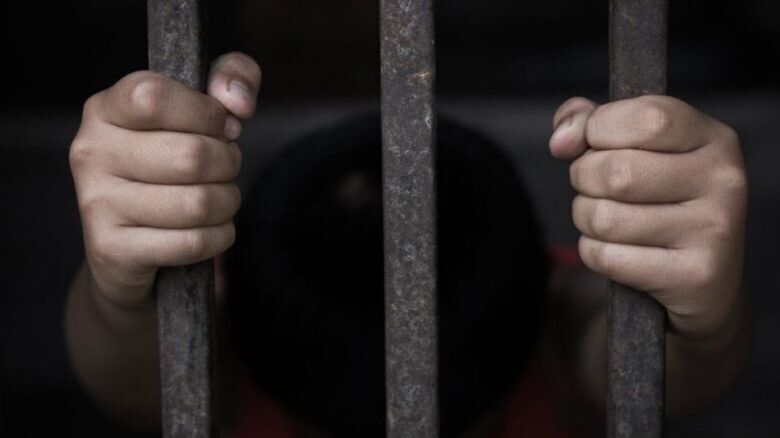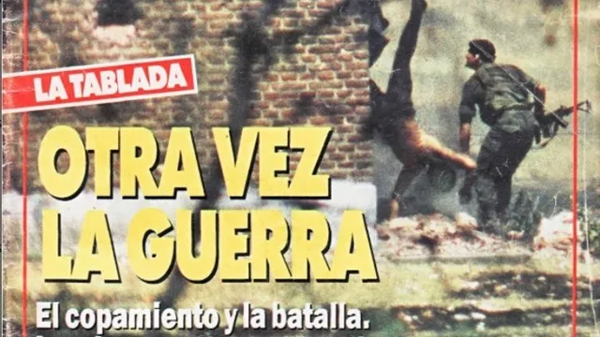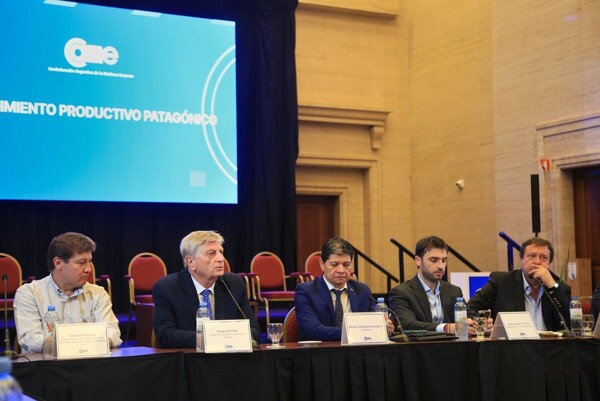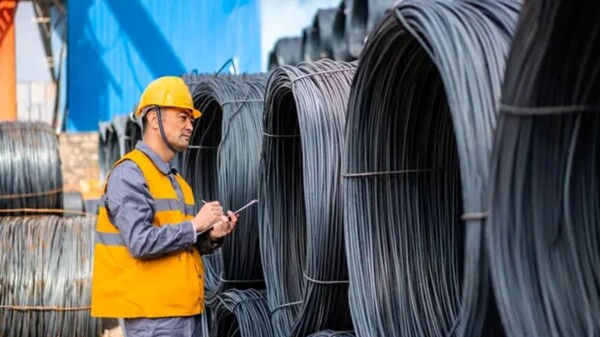
In election times, the discussion about lowering the age of criminal responsibility has gained relevance in Argentina. Various organizations, including the Coordinator Against Police and Institutional Repression and the Catholic Church, have expressed their strong rejection of this measure proposed by the government.
The Coordinator denounced that this policy only seeks to harass and discipline the popular classes, abandoning the children who are in vulnerable situations. For his part, Bishop Dante Braida stated that the solution does not lie in penal measures and that it is essential to enhance education, culture, and other policies that promote dignified development for childhood.
The reform project proposes to lower the age of criminal responsibility to 14 years, which has generated widespread rejection in various sectors of society. The Childhood Coordination Table, along with religious and human rights organizations, have demanded more time and debates to try to address the true causes of insecurity.
Organizations like CORREPI have highlighted that minors aged 13, 14, and 15 participate in less than 1% of serious violence situations, and incarcerating young people does not resolve the roots of the problem. A broad and multidisciplinary approach has been called for to understand the causes that lead young people to commit crimes.
In the midst of the economic and social crisis that the country is experiencing, voices opposing this reform advocate for strengthening the comprehensive protection system for the most vulnerable sectors of society, including those children who suffer from marginalization, discrimination, and poverty. The discussion will continue in Congress, where various actors seek to guarantee a dignified future for Argentine childhood.














